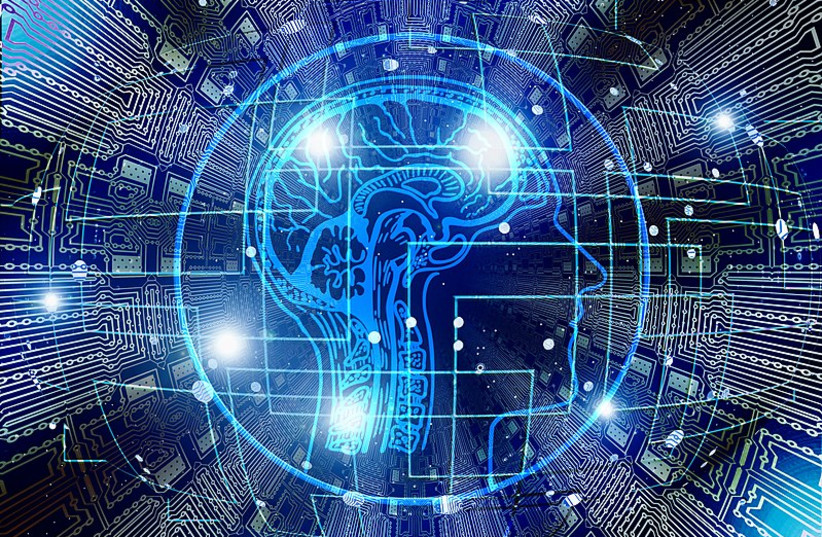In the past two weeks, chatGPT, an AI-powered text generator created by OpenAI, has gained widespread attention on social media platforms around the world. This natural language processing engine can chat with a human and generate texts on a wide range of topics, styles and purposes, according to requests, keywords and feedback.
ChatGPT has been trained on a massive dataset and can generate text in various languages, styles and genres, making it feel like a natural conversation with a human correspondent. From classic recipes to Shakespearean love sonnets, in just a few days the Web was filled with screenshots of conversations with chatGPT and examples of the texts it had generated.
While AI-based text generation is not a new concept, chatGPT represents a significant step forward in the field. It can maintain context and reference previous topics, people, or events in a conversation, and can even correct its own mistakes when given the right feedback. This type of technology has the potential to rebusivolutionize our interactions with computers and make them a seamless part of our everyday communication.
However, chatGPT’s capabilities also raise some concerns. Will computers be able to write newspaper articles, textbooks or literature in the future? Could chatGPT and similar engines replace traditional search engines like Google, potentially exposing users to inaccurate information from unknown sources? How can we prevent the abuse of this technology, such as the creation of fake news articles using keywords and leading questions?
As with any new technology, it is important to consider responsible ways to use chatGPT to minimize risk and maximize benefits. In education, chatGPT and similar tools could be used to help teachers in a number of ways.

First, chatGPT could signal the end of the “information age” in education. The Internet made information widely available, while search engines like Google made it easy to access. ChatGPT and other text-generation tools will make it possible to automatically create new information. This could lead to a shift in focus in education from the rehearsal of knowledge to the development of “super skills” such as creativity, curiosity, communication and critical thinking. Teachers could use their expertise to facilitate discussions, hands-on collaborative learning, and the generation of new ideas.
Second, chatGPT and similar tools could help teachers save time on bureaucratic tasks such as paperwork and grading quizzes. In crowded classrooms or for distance learners, chatGPT could provide personalized feedback and guidance before teachers are able to offer assistance. This could be especially helpful for teachers in overcrowded classrooms, allowing them to reach every student.
Finally, responsible use of AI tools like chatGPT can empower teachers to focus on the human aspects of education, such as providing guidance, support and encouragement. By using chatGPT and similar tools responsibly, teachers can free up more time to connect with their students and help them succeed.
The teachers we remember later in life are those who saw us for who we were, even when the data was not so good. They believed in us, and then helped us to see ourselves and succeed.
The writer, a PhD, is director of pedagogy in the Unit for Innovative Development at the Center for Educational Technology, and a lecturer in the master’s program for educational technology at Kibbutzim College of Education, Technology and the Arts.
